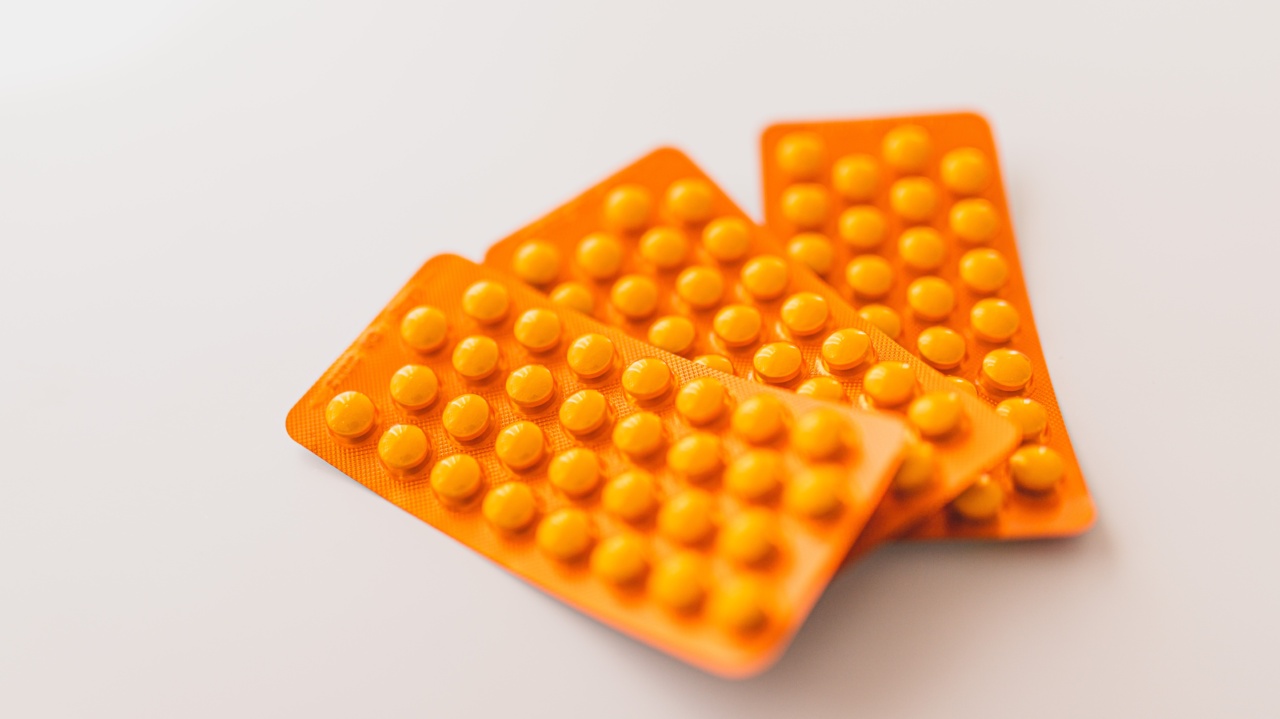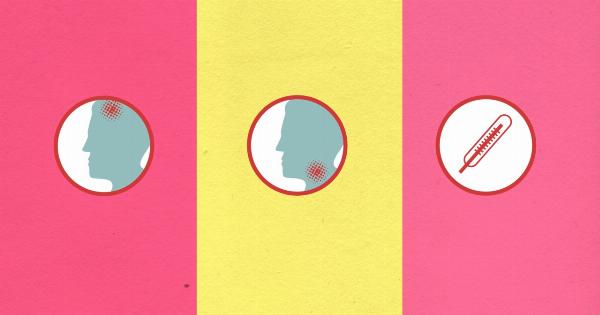Soreness is a common ailment that most people experience at some point in their lives. Whether it’s from exercising, sitting for long periods, or even just the normal wear and tear of daily activities, soreness can be uncomfortable and bothersome.
While reaching for medication may seem like the easiest solution, there are several natural methods that can help alleviate soreness without the need for drugs. Here are 7 effective ways to ease soreness naturally:.
1. Apply heat or cold therapy
Heat and cold therapy are both effective in relieving soreness and reducing inflammation. Applying a heating pad or hot water bottle to the affected area can help increase blood circulation and relax tight muscles.
On the other hand, cold therapy can numb the area and decrease swelling. You can use ice packs or even a bag of frozen peas wrapped in a towel for cold therapy. Alternate between hot and cold treatments for maximum benefit.
2. Practice gentle stretching
Stretching can do wonders for sore muscles. Engaging in gentle stretching exercises can help improve flexibility, increase blood flow, and relieve muscle tension.
Incorporate stretches into your daily routine, especially after physical activity or when you’re feeling particularly sore. Focus on the affected area and hold each stretch for about 30 seconds. Be careful not to overstretch, as this can cause further damage.
3. Get a massage
A professional massage can do wonders for soreness. Whether it’s a deep tissue massage or a gentle Swedish massage, the hands-on manipulation of muscles can help relieve tension and soreness.
Massage therapy also promotes relaxation and improves blood circulation, allowing the body to heal faster. Consider scheduling regular massages to prevent soreness and promote overall well-being.
4. Take a warm bath with Epsom salt
Epsom salt baths have been used for centuries to relieve muscle soreness and pain. Epsom salt contains magnesium sulfate, which can be absorbed through the skin and help relax muscles and reduce inflammation.
Add a cup or two of Epsom salt to a warm bath and soak for at least 20 minutes. Allow the salts to dissolve completely before getting in. If you don’t have a bathtub, you can also create a warm compress by dissolving Epsom salt in hot water and soaking a towel in the mixture.
5. Try natural anti-inflammatory remedies
There are several natural remedies that can help reduce inflammation and alleviate soreness. Turmeric, for example, contains curcumin, which has powerful anti-inflammatory properties.
Adding turmeric to your meals or taking it in supplement form can help reduce muscle soreness. Ginger, another natural anti-inflammatory, can be consumed as a tea or added to meals. Other herbs and spices, such as cinnamon and garlic, also have anti-inflammatory effects.
6. Practice relaxation techniques
Stress and tension can exacerbate soreness. Engaging in relaxation techniques, such as deep breathing exercises, meditation, or yoga, can help alleviate both physical and mental stress, allowing sore muscles to relax and heal.
Find a quiet space, sit or lie down comfortably, and focus on your breath. Inhale deeply through your nose, hold for a few seconds, and exhale slowly through your mouth. Repeat this process for a few minutes, allowing your body and mind to unwind.
7. Take care of your body
Prevention is always better than cure. Taking care of your body on a daily basis can help reduce the frequency and severity of soreness. Make sure to maintain good posture, especially when sitting for long periods.
Engage in regular exercise to keep your muscles strong and flexible. Take breaks and stretch throughout the day if you have a sedentary job. Stay hydrated and nourish your body with a balanced diet rich in nutrients. The more you prioritize your overall well-being, the less likely you are to experience soreness.






























